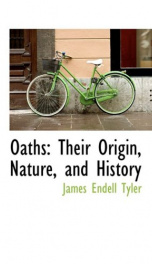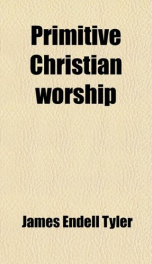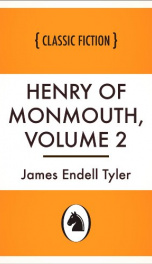OATHS TIIEIR ORIGIN, NATURE, AND HISTORY. BY JAMES ENDELL TYLER, - As by- the ram and reverent use of Oatls their dignity is ulmheld and their obligations kept fast so by the frequent and negligent application of them, by the prostituting them to every purpose, their respect will be quite lost, their strength will be lect, they will prove unserviceable to 1ublic use. -- THE AUTHOR. - PREFACE. - THE following Treatise had been designed, and was in a forward state of preparation for the press, before the Bishop of London announced in the House of Lords, his intention to bring the subject of Oaths, as now administered in Eng- land, under the notice of ParLiament when his sentiments were cordially hailed by the Lord Chancellor. The effect of this announcement on my mind was far from discouraging. I received it as an intimation that the present time opened a favourable opportunity to any one who believed that he was able to assist in throwing light on this important, but ill-understood subject. It warned me, indeed, of a fact, which under other circumstances might have deterred me from carrying my design into execution-that the powers of master-minds would be brought to bear on the questions which I had been. pursuing but I was encouraged, nevertheless, by a hope, that if the result of my labours were now made public, they might not be altogether fruitless. In publishing these pages, I am anxious not to be understood as offering a theoretical system, complete in all its parts, and exhausting the subject either in its principles or its details. Were some one of more adequate abilities and greater leisure to undertake such a work as would be worthy of a place among the lasting productions of the age, and certainly the sub- ject would amply deserve the best thoughts, and the time of the most able among our writers, it would be a source of much satisfaction to me, were I allowed to hope that my own researches had been in any way made subservient to such an undertaking. My object is altogether prac- tical and it will be fully secured if I shall have contributed in any measure to excite among Christians an interest in the subject more com- mensurate with its moral and religious import- ance, than now seems generally to prevail and shall have been able to assist others in forming a right judgment on the present state of oaths among us. I entertain no doubt, that inquiry, if rightly conducted, must, under Gods blessing, lead to good. To many of my friends I am gratefully indebted for advice and assistance and although this is not the place for expressing my thanks to them individually, I must be allowed to make one exception, because I could not other- wise satisfy my own sense of what is due from me, on a point which must be interesting to us all. In the British Rluseum, not ody was I readily supplied with such of its rich stores as I could myself inquire for not only was every facility afforded me of carrying on my researches in my own way but most valuable information, new clues, and important suggestions, were voluntarily and kindly offered me and a lively interest was shown in the success of my pursuit, such as was equally honourable to the officers of that institution, and beneficial and gratify- ing to myself. This spirit appeared to reign throughout the establishment, and I shall always feel indebted to every member of it, to whom I made any application, or with whom I had . . . any intercourse. Still, from Sir Henry Ellis, and Mr. Panizzi, I cannot withhold my especial acknowledgments... --This text refers to an alternate Paperback edition.





